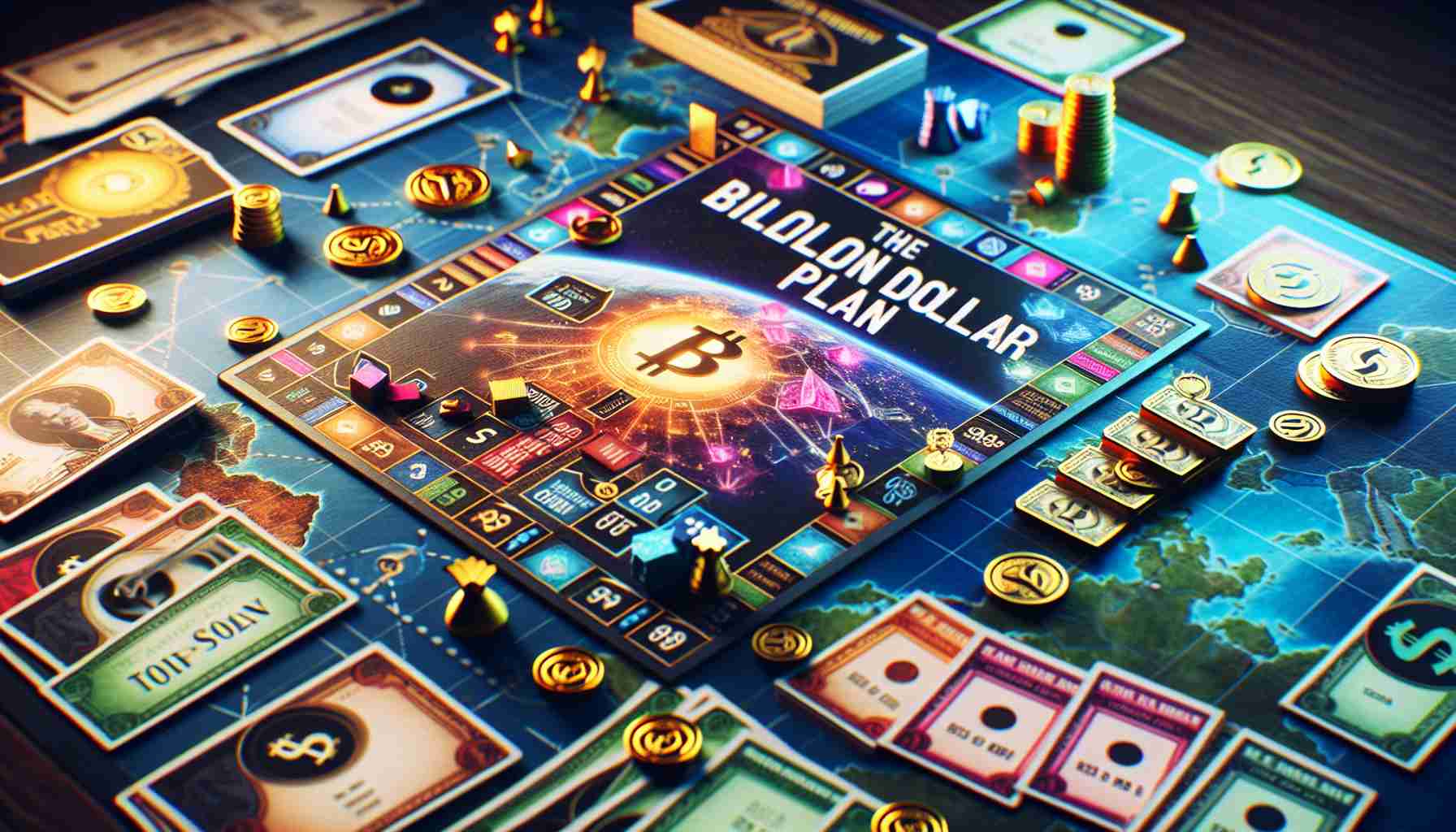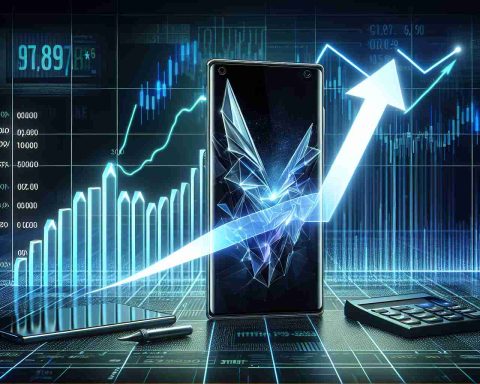Samsung Electronics is set to make waves in the financial world with its announcement of a massive share repurchase plan aimed at boosting shareholder value. This strategic move involves buying back shares worth a staggering 10 trillion won, equivalent to approximately $7.17 billion.
The ambitious buyback plan, green-lit by Samsung’s Board of Directors, is structured to unfold over the span of a year. The first phase will see the tech giant reacquiring shares worth 3 trillion won between November 18, 2024, and February 17, 2025.
In this buyback phase, Samsung plans to purchase 50.14 million common shares alongside 6.91 million preferred shares. These shares will subsequently be canceled, driving up their value for shareholders. The strategy aims to not only strengthen the company’s market position but also enhance shareholder returns.
The execution of the remaining buyback plan will depend on the strategic decisions yet to be made by Samsung’s Board of Directors regarding timing and methodology.
In financial terms, Samsung reported a net income of $7.1 billion for the third quarter. While its chip division contributed $2.8 billion to this figure, benefiting from strong demand for AI and data center solutions, there were challenges. Specifically, NVIDIA’s AI chip certification delays allowed competitors like SK Hynix and Micron to capitalize on high-bandwidth memory sales. The company also faced a decline in mobile chip sales due to market adjustments.
This move by Samsung reflects a determined effort to navigate current market dynamics while continuing to invest in its shareholder base.
Why Samsung’s Share Buyback Could Reshape the Global Tech Landscape
Samsung Electronics’ recent announcement of a sizable share repurchase plan has stirred the financial world, but there are dimensions to this strategy still captivating industry analysts and economists. As global markets hold their breath, what are the broader implications of this ambitious buyback for people, communities, and even entire countries? Below, we dissect the ripple effects of Samsung’s decision and explore thought-provoking angles, controversies, and the mixed impact this could have across diverse arenas.
Impact on Emerging Markets and Local Communities
While share buybacks primarily aim to please investors, their effects on local economies can be significant but mixed. For Samsung, an influential conglomerate in South Korea, this move holds domestic implications. South Korea’s economic structure is heavily influenced by chaebols like Samsung, and decisions at the corporate level can affect localized job markets and economic growth dynamics. On the one hand, this buyback could bolster employee stock ownership, potentially increasing disposable incomes within Samsung’s workforce. On the other, it might signal a shift in investment away from local manufacturing or R&D for tech communities that rely on steady corporate investment.
Controversies and Discussions: Does It Favor the Rich?
Share buybacks have historically sparked debates over socio-economic fairness. Critics argue that these actions often prioritize the wealthy shareholder class over societal investments such as worker wages or environmental responsibility. In a world increasingly oriented towards corporate social responsibility, is it justifiable for a tech giant to channel resources into stock repurchases rather than bolstering eco-friendly initiatives or tackling product lifecycle issues? Advocates claim that buybacks can lead to long-term growth and economic stability, potentially benefiting everyone, but the direct link between these buybacks and tangible benefits for lower-income brackets remains elusive and controversial.
Strategic Advantages and Operational Challenges
From a strategic viewpoint, Samsung’s decision can be perceived as preparing for increased market volatility and competition. This buyback could be a buffer to maintain market confidence amid fluctuating earnings cycles, especially important given the company’s ambivalent performance in segments like mobile chips. Anticipating shifts in semiconductor and AI demands, Samsung’s move could translate to maintaining robust R&D expenditures or successfully navigating supply chain challenges.
Despite these possible upsides, concerns around execution risks linger. For instance, the market often perceives buybacks as alternatives to more productive investments or innovation expenses when executed without clear strategic benefits. Will Samsung’s vast repurchase be a strategic stroke of genius or an overly cautious play that undermines future growth?
Answering the Big Questions
1. How Will This Move Affect Stock Markets Globally?
The repercussions of such a massive buyback go beyond regional markets, as global investors closely monitor Samsung’s strategic trajectory. If deemed successful, it could inspire similar actions by other tech titans, potentially leading to a more dynamic but speculative global stock market environment.
2. Could This Help Mitigate Samsung’s Slipping Market Segments?
Yes, if reallocating capital effectively leads to innovation or acquisition, it might reinforce weakened divisions by acquiring cutting-edge technologies or improving market offerings, thus maintaining competitive parity.
For further insights into corporate buybacks and economic strategies, watch for updates from technology and financial news leaders like Bloomberg and CNBC.
In conclusion, while Samsung’s share repurchase strategy reflects a tactical maneuver to fortify shareholder wealth, its broader implications stretch far beyond. With multifaceted impacts and potential socio-economic controversies, this move has set the stage for a compelling narrative unfolding across both local and global landscapes.



























